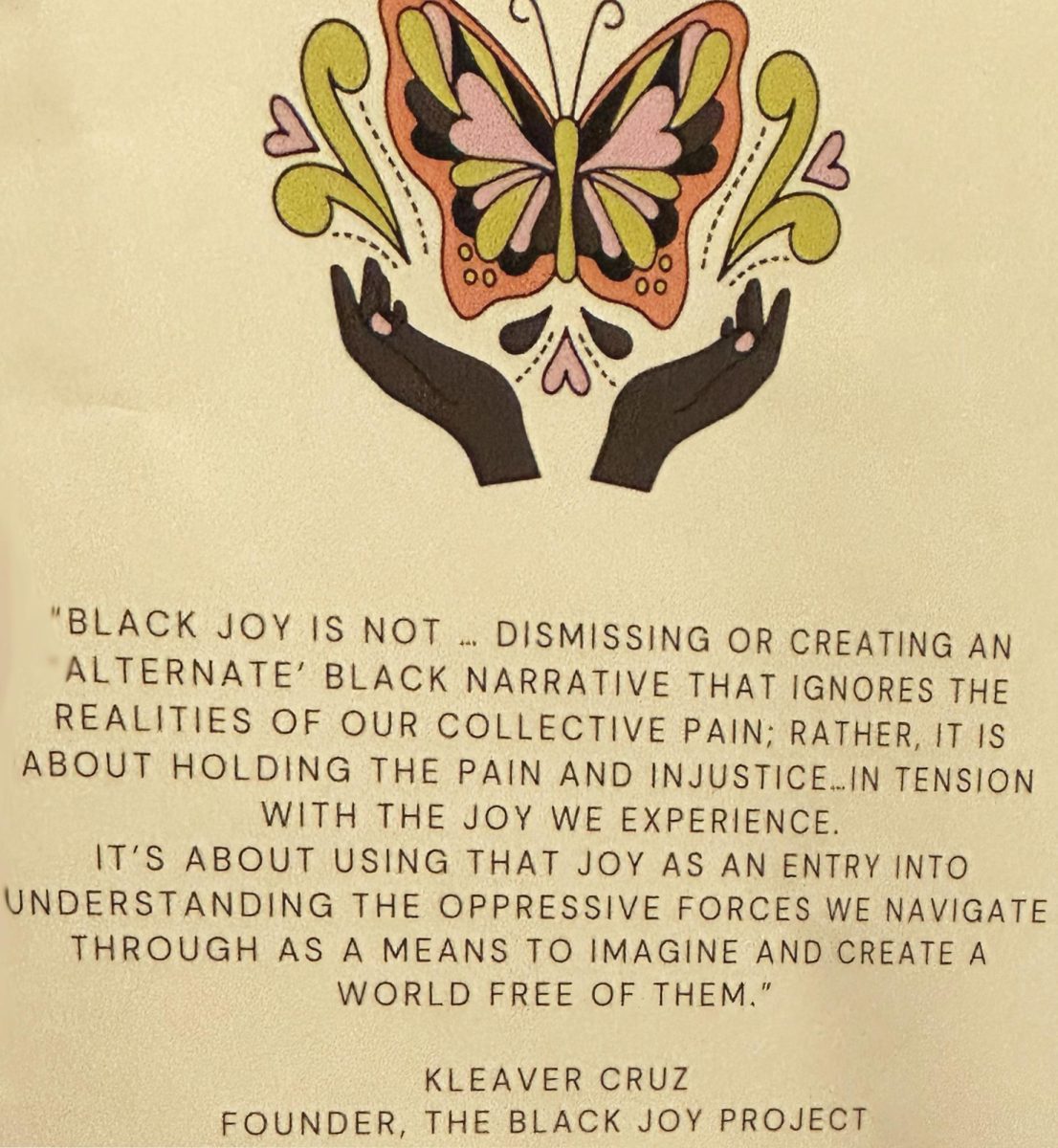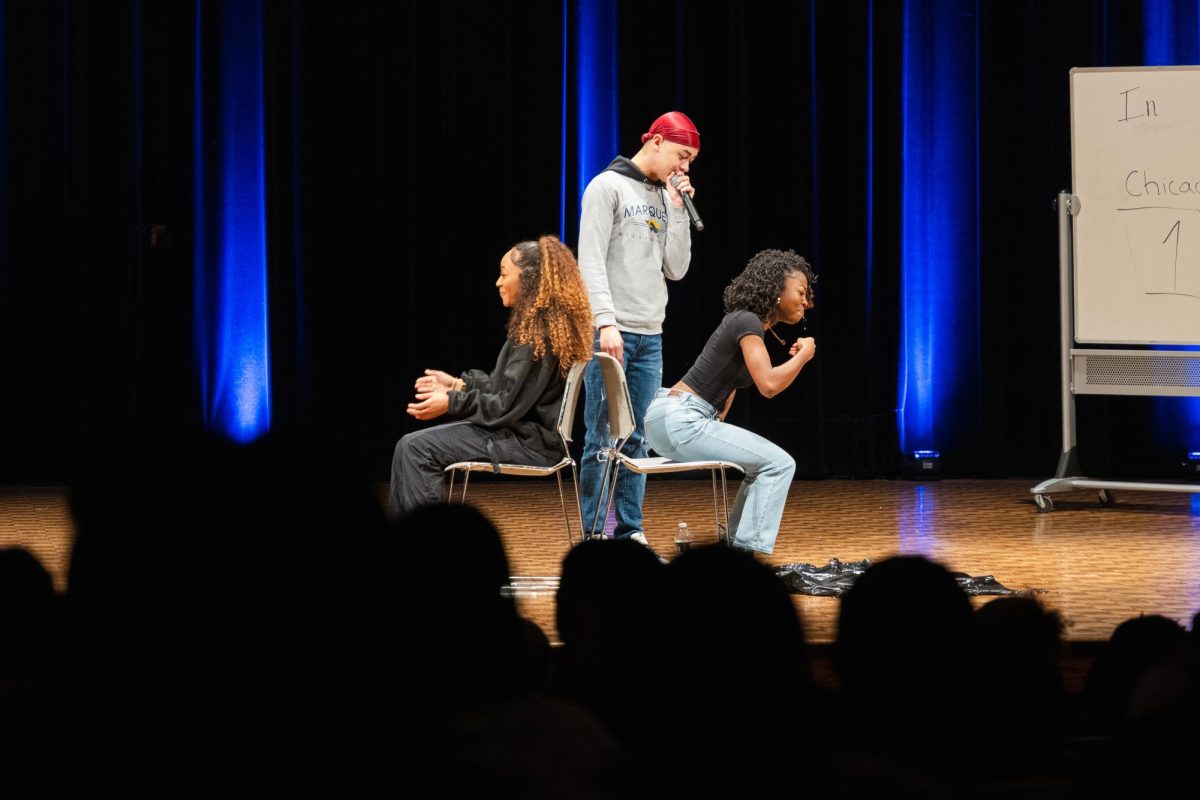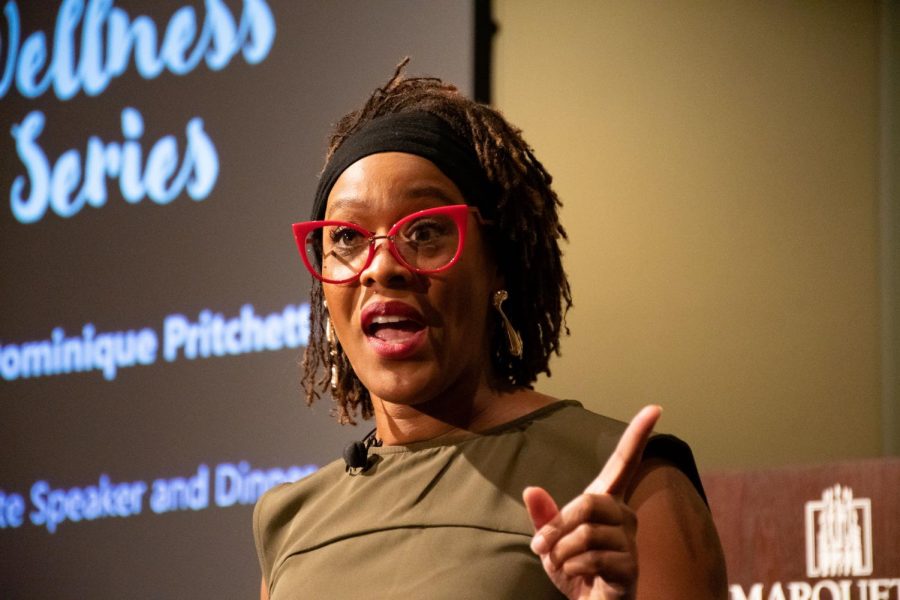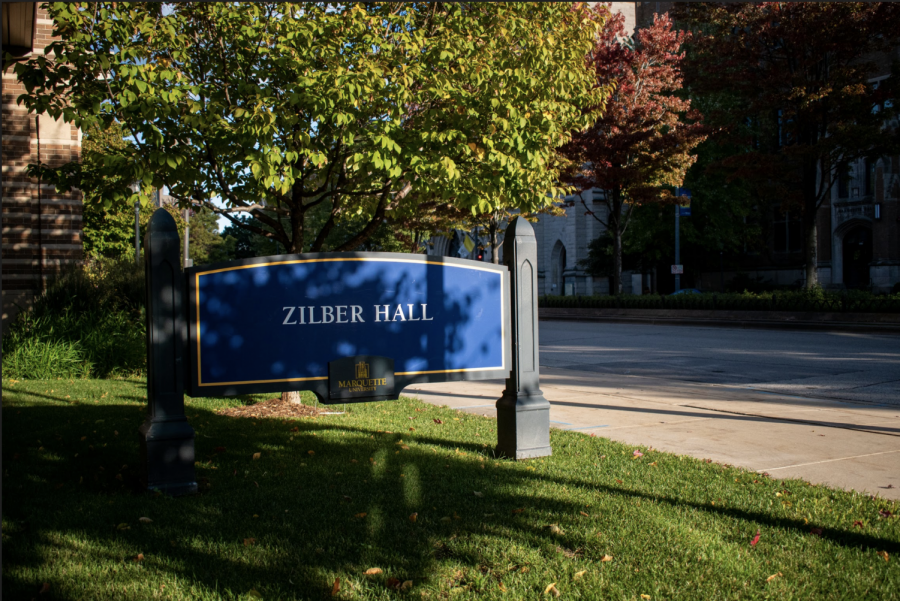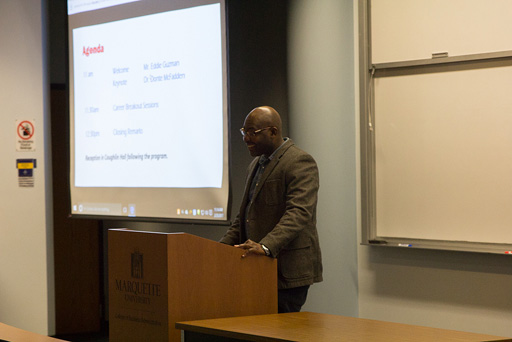This year’s Black History Month is like no other. Not only is it taking place during a global pandemic, it is occurring after a summer filled with racial justice protests following the death of George Floyd. The murder of George Floyd was significant because although police brutality had been occurring for several years before the year 2020, his death caused millions of people around the world to fight for racial equality.
Donte McFadden, senior associate director of the Undergraduate Research and High Impact Practices, said he is celebrating Black History Month by not only validating his own existence of African descent, but by engaging in a variety of different things.
“Watching films, reading books, listening to music, doing things in my job that validates why I took interest in wanting to learn not only about myself as a Black man, but also of other people of African descent in this country,” McFadden said.
McFadden said Black History Month is important because, to him, it’s just as important to celebrate the contributions of Black people year round.
For example, the contributions of the Black Panthers led towards creating a number of popular community social programs for the black community, free breakfast programs for children in school, and free health clinics in thirteen black communities throughout the United States.
The Black Panthers were a part of the Black power movement in 1960, to accentuate black pride, civil rights, an end towards police brutality, getting African Americans elected into political office, and many other objectives.
Natalie Reinbold, assistant director of the Educational Opportunity Program, said Black History Month is an important month because it means a chance to learn.
The Educational Opportunity Program is an academic program that allows low income and first generation students to go to and succeed in higher education.
“Black History Month is a time we bring to light the real history of our country and to show our children we are brave enough to hear the struggles we previously found too painful,” Reinbold said.
In terms of celebrating during COVID-19, Reinbold has focused on watching films that tell the story of and celebrate Black history.
“I have two teenage children, so last night we watched, ‘See You Yesterday,’ and tonight we’ll watch ‘This is Wild,'” Reinbold said. ” … I am excited that being virtual has lead people to be really creative with their programming and that many more people are likely getting to participate in events they may not have otherwise had the chance to do.”
The film, ‘See You Yesterday’ produced by Spike Lee, establishes two teenagers that travel back in time to spare one of their brothers from police violence. The next film, ‘This is Wild,’ a documentary about a group of black teenagers from Atlanta, Georgia who take on the wilderness in Colorado. The film’s creator analyzes America’s diversity imbalance through exploring the outdoors.
Students at Marquette are also celebrating Black History Month. Evelyn Gabriel, a first-year in the College of Nursing, is extremely excited to celebrate this important month.
“I’m celebrating Black History Month by showing extra love and support for my fellow brothers and sisters, and taking time to educate my peers on things they aren’t aware of, or have questions regarding Black history and culture,” Gabriel said.
Gabriel said she thinks that it is important that everyone celebrates Black History Month, and she wants to help those that don’t necessarily understand the significance of it or its history. To her, February is a great time to educate people and be educated by people.
“I think that education on topics such as Black history and culture are crucial for everyone to constantly be learning, but especially this year because of the events that had happened in 2020,” Gabriel said. “I think this month, especially this year, will help unite our very divided nation.”
This story was written by Julianna Abuzzahab. She can be reached at julianna.abuzzahab@marquette.edu.



